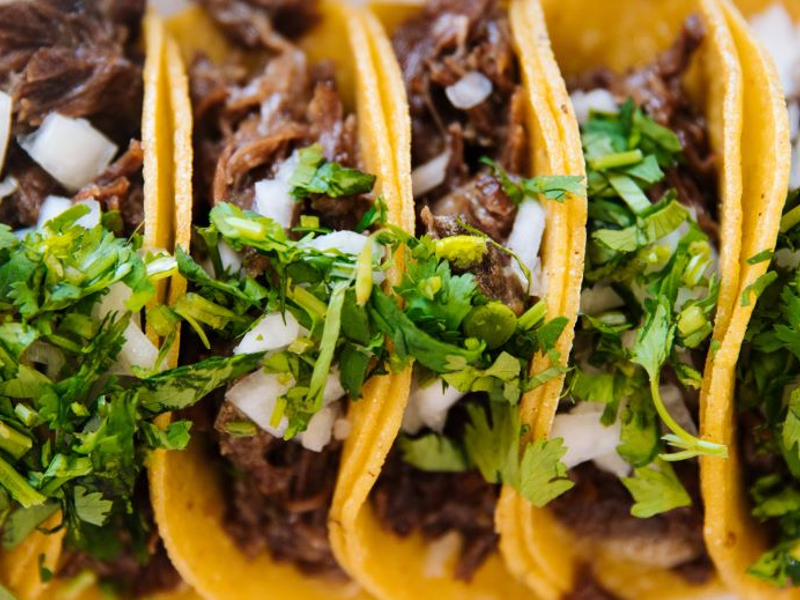Photo by Jeswin Thomas
Moving to a new country can be an exciting experience but it also comes with different nerve-wracking experiences. You’re going to experience new things – from cultures and languages to food and people. Until you get familiar with the environment, everything may look strange to you. If you are moving to a new country, you should prepare for culture shock.
What is culture shock?
This is the disorientation we feel when exposed to an unfamiliar way of life in a new country. It is an experience described by people who have traveled abroad to work, live, or study. It is different for different people.
For one Nigerian lady who visited the United States for the first time, it was chicken bones. She was used to chewing her chicken completely, including the bones, like most Africans do. She was having dinner at a family friend’s home and as usual, she innocently devoured her chicken, including the flesh and bones, leaving nothing behind. Unknown to her, their 3-year-old son was watching her in amazement.
“I only heard “Wow” from his soft voice. I turned to him and he asked, “How did you do that?” with an amazed look on his face. He had never seen anyone chew chicken bones.”
That was a big culture shock for the child and her. Something so normal and natural back home.
For many Africans, food is one of the biggest cultural shocks they will experience when they leave the continent.
I have heard several of my friends complain about missing the food back home. When they try to eat the delicious-looking foods of their host country, the tastes are generally different as they are not as spicy and garnished as the delicacies from home. Some end up moving around with their salt and pepper.

Photo by Yanuar Putut Widjanarko
Africans Share Their Food Culture Shock
When Krystal moved to the United States, she decided to be open-minded and try out new cuisine, but it didn’t take long before she got tired of the bland taste and no pepper. Landing in a country where a pinch of black pepper is considered bold can be a shock to the taste buds.
“These people don’t eat pepper. Even when you ask for extra spice, it just tastes regular. I went to this restaurant and asked for extra spicy chicken. What I got was nowhere near spicy. There’s only so much Chinese takeout and McDonald’s you can eat before you start to crave correct pepper jollof rice.”
Linda never knew there was a thing like seedless oranges. Imagine her shock in the UK when she bought oranges and realized they had no seeds like the ones she was used to in Nigeria. Another food culture shock she experienced was with the sugar content of different items.
“When I first came to the UK, I bought a pack of fruit juice that was so sour I couldn’t even drink it. Didn’t know you had to check for the sugar content as some don’t have any at all. It was quite unusual as every juice is sweet where I am coming from.”
Another one is the different species of yams, potatoes, beans, and others. Alice has been in Canada for over a year but has not been able to find the potato she likes. According to her, if you see potatoes in a store don’t get too excited.
“When I first arrived, I went grocery shopping and got some potatoes which looked like the ones I used to have while growing up in the northern part of Nigeria. When I got home and peeled them, they were purple inside and had a weird taste, no one could eat them.
“Another one is yam. What they call yam is one yellow thing that’s never a complete tuber, and apples have like one million species. You won’t even know the one you’ve had before or bought last.”

Photo by Ela Haney
A lot of Africans go with food items that would last them for a while in their new environment, but not Tolu. He was open to experiencing new flavors.
“I didn’t go with food because I wanted to try new things. I quickly realized they didn’t have so many food options. Mostly pizzas, tacos, pasta, and the like. As someone who loves good food, it was challenging to eat the same kinds of food every day.”
How do you have a sandwich for lunch? Marie has been living in the United States for five years but cannot wrap her head around not having a real meal for lunch.
“Back at home, we ate swallows with soup, rice, beans, and other heavy food for lunch every day. A sandwich is more like breakfast or something to snack on. It’s one culture shock I have not gotten used to.”
Tiwi also had her share of the culture shock when she kept buying different types of rice and it wasn’t giving the normal result. It always came out like rice pudding no matter how she modified the cooking.
“I have bought different ones with the same result until I complained and someone told me to buy Indian/Chinese/basmati.”
How To Adapt To The New Food Culture
It is important to approach new foods with an open mind. Be willing to try new things and embrace new flavors, even if they look strange.
Do not limit yourself. Enjoy all the delicious and exciting culinary experiences that the new country you’re in has to offer. You never know when you’ll discover a new favorite dish.
Look for markets or grocery stores that cater to the needs of Africans. You may be able to find familiar food items, though they may be pricey.
Find alternatives for familiar ingredients. For example, spinach can be used in place of waterleaf. You can’t find garri (a staple food in Nigeria) for your swallow? Oats can take its place. Experimenting is a part of the adaptation process.
Try to adjust your tastebuds to the new flavors. You might need to build up tolerance gradually. Another thing that can help is to carry your pepper and salt or whatever spice in tiny containers everywhere you go.
When you visit a restaurant, do not hesitate to ask for customization or modifications of the food to suit your preferences. Some may be willing to adjust the spice levels.





